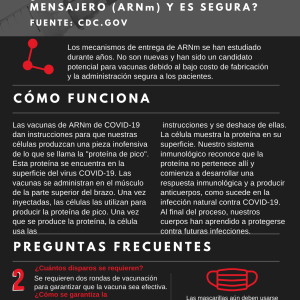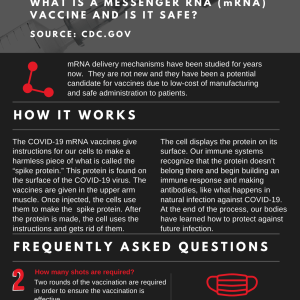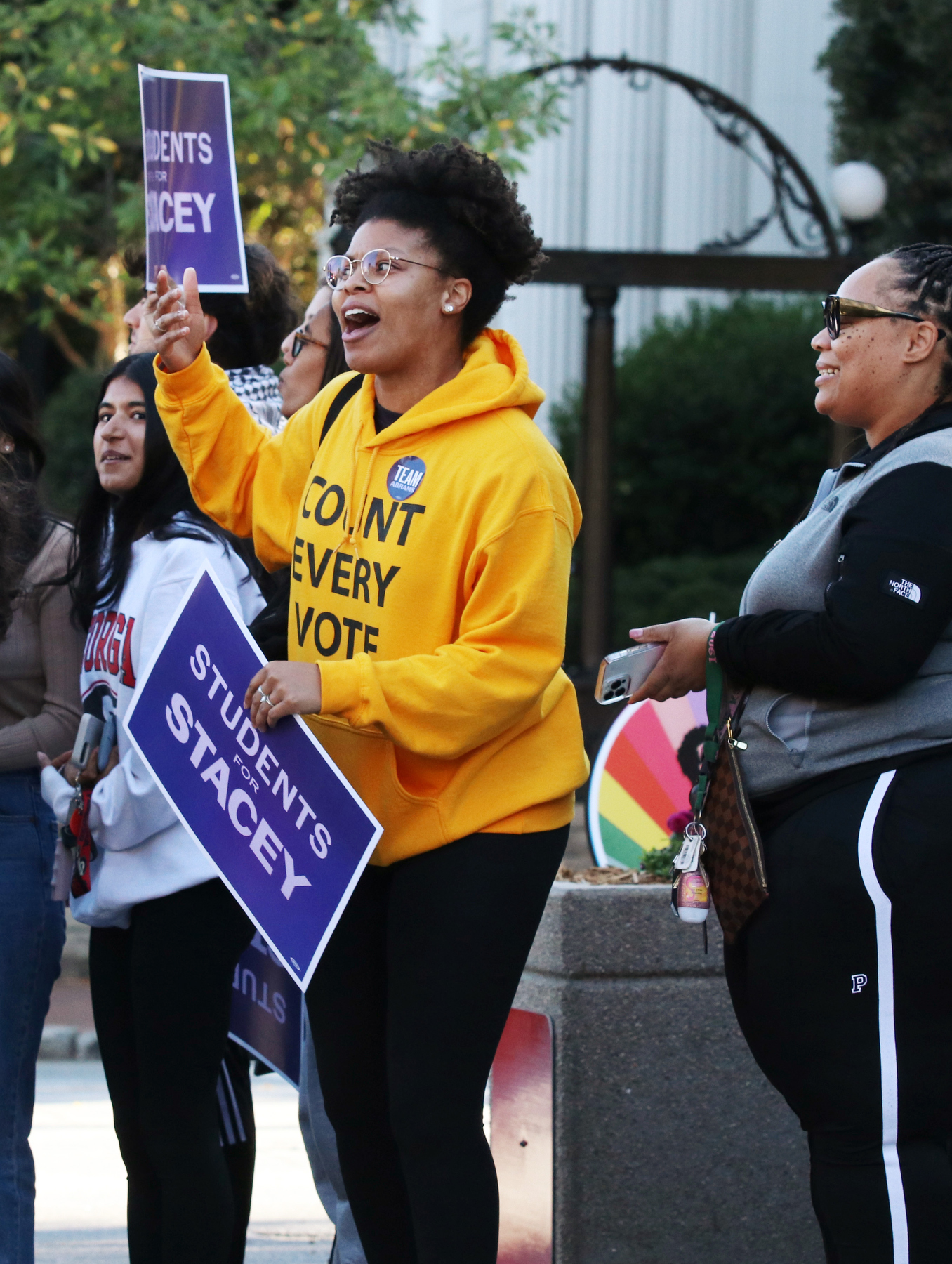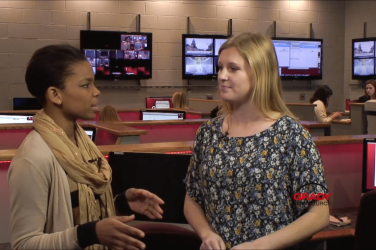Three local organizations teamed up to provide a social marketing campaign for COVID-19 in Northeast Georgia to increase safety awareness about the virus and the number of residents who are vaccinated. The graphics from the campaign have been widely spread, ranging from different social media platforms to billboards.
The organizations involved are The Northeast Health District, UGA College of Public Health and UGA Athletics. The campaign includes social media posts, infographics and posters. The organizations provide images that may be downloaded, shared or printed and can be used for businesses, individuals and communities.
Why It’s Newsworthy: People are receiving information on the COVID-19 vaccination that can influence their decision on whether or not they take it. Effective communication leads to better health and more vaccinations, which will help protect against COVID-19.
The College of Public Health started working with DPH a year ago, when the pandemic began.
Clare Bloodworth, a training coordinator for The Northeast Health District, Jessica Legge Muilenburg, professor and assistant dean in the College of Public Health, and Alan Thomas, the Associate Athletic Director for UGA Athletics, are leading the project.
Emily Buchanan has been the primary student who is doing her internship with the college on the project. The organizations are working alongside other UGA students, including Stephanie Andino, Noor Khan, Krishnasai Kodali and Emily Townsend.
Spread of the Campaign
Buchanan said the graphics from the campaign have been much more widespread across the community than she thought.
“When we first started out, I just knew that the Department of Public Health needed help making graphics, and I was like ‘oh it’ll go on Facebook or whatever,’” Buchanan said. “But then I made a Hairy Dawg graphic with the mask on it, and all of a sudden, it’s on a billboard.”
Buchanan said she makes graphics, such as if the Department of Public Health wants one in the clinic or one at a vaccine site to give people information after they get a vaccine. She’s currently preparing to make one that will be a handout at the Athens-Clarke County Library that gives step-by-step instructions for how to register for a vaccine.
“We’re also making some for vulnerable populations that will be printed out and handed out in the community for people who may not have internet access,” Buchanan said.
Muilenburg said this campaign is helping give access to COVID-19 information in the community.
“If they see it, we call it a cue to action. Somebody will at least think about it, and think ‘well, where can I find more information about this,’ so I do think that it’s helping people find information,” Muilenburg said.
Businesses have also reached out to the Department of Public Health and asked for specific types of information that is needed, Muilenburg said.
Strategy to Success
The organizations use different formats, translations in multiple languages and different styles to try and reach a wide audience on social media and create interactions.
Fliers saying things such as, “Do your part get your COVID shot” and “Hairy Dawg says: wash your paws,” as well as different infographics ranging from ones about cleaning and disinfecting to vaccine rollout details, are offered by the organizations for people to use and spread.
The Northeast Health District posts the graphics on their Facebook, which has sparked conversations in the comments and led to shares and likes of their content.
Fight Against Disinformation
As more people are eligible for COVID-19 vaccinations, there is more information and opinions online related to the vaccines. With the large amount of information shared in the world, some people are unsure of what to believe about the vaccinations.
An evaluation about the effect of social media on vaccine hesitancy, by Steven Wilson and Charles Wiysonge, found that disinformation campaigns are associated with declines in vaccination rates. This means that disinformation is a part of the reason people are declining vaccinations.
In Georgia, about 29.5% of residents have been vaccinated with at least one dose, according to the Georgia Department of Public Health. In Clarke County, about 22.4% of residents have been vaccinated with at least one dose.
Moving Forward
The campaign is limited by funds and not knowing what information they’re missing in the community. Muilenburg said if they had all the money in the world, they would be doing evaluation techniques on the campaign.
“I’m a very public health-minded person because I’ve studied it, and because I work with it. But I don’t know what people in the community don’t know or what they do know, or what they’re afraid of,” Buchanan said.
When it comes to creating social marketing campaigns like this, the College of Public Health team said communication, partnerships with like-minded individuals with similar goals and knowing your audience is very important.
“If it was just us trying to do a campaign to build a sense of community, it would be a lot harder if we didn’t have such a good partnership we’re working with,” Buchanan said.
Social media marketing is just one of many ways for organizations and health officials to inform people about COVID-19 and get people vaccinated.
Shania Shelton is a senior majoring in journalism in the Grady College of Journalism and Mass Communication at the University of Georgia.














Show Comments (0)